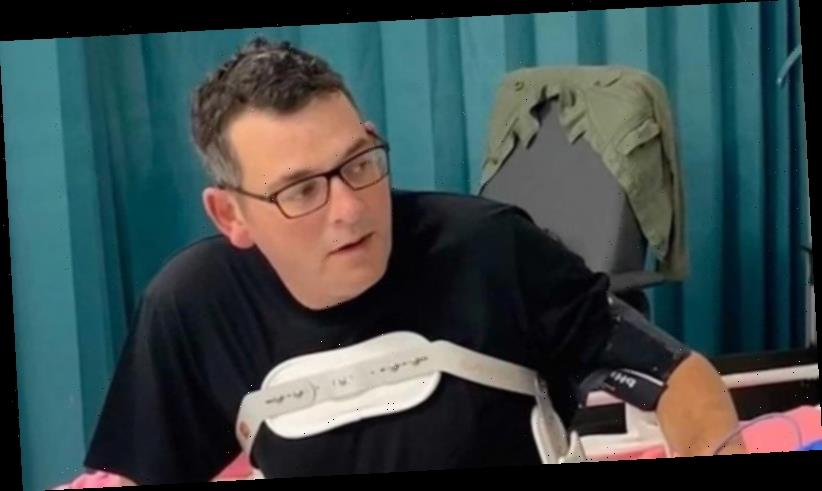British woman Sarah Everard’s murder while walking home alone from a friend’s house near Clapham Common in London on March 3 has provoked an outpouring of fury about women’s lack of safety in public. Heavy handed policing of an illegal vigil in her honour on Saturday night has only intensified that anger. The fear of not making it home haunts women. Everard’s death triggered memories for so many women of the innumerable ways men have violated their sense of safety in public.
Advice from police to women in Clapham to “be careful and not go out alone” was met with predictable outrage and calls for an after-dark curfew for men. Reports that Everard had been wearing running shoes and carrying a mobile phone only added to women’s despair. Why in 2021 are women still not safe? Not safe on the streets, in our workplaces, in Parliament House or in our homes.
Sarah Everard went missing while walking home from a friend’s apartment in south London on March 3.Credit:Metropolitan Police
More situational awareness is not going to help. This is our situation, as women are all too aware: women are still disbelieved and blamed for the violence against us. Perpetrators continue to deny responsibility and escape accountability for their crimes. Pressured to be responsible for our own safety and yet not appear overreactive, we strive for just the right amount of panic. The freedoms we forgo don’t seem to count the way men’s freedom does.
Women are growing increasingly frustrated with safety tips for women. It is not that we lack agency, more that there is little to gain from advice that is overly broad, vague or impractical to follow. Is the purpose of telling young women to drink less alcohol or wear sensible shoes really to keep them safe? Or is it a subtle warning that if you try to report anything we’ll scrutinise and humiliate you? Of course, purveyors of advice plead genuine concern for women and girls’ wellbeing. The greatest test of their sincerity is how they treat disclosures from survivors who for whatever reason did not heed their advice. Do they listen without judgment – or blame the victim?
People who work with survivors of sexual assault observe that they often identify a choice they made but for which the sexual assault would not have happened. Counterfactual thinking comes readily after any type of catastrophe. It’s easy to think ‘If only I hadn’t …’ But there’s more to it than that. As a society we constantly send messages to survivors that they are to blame, that the shame of sexual assault is their burden to carry.
A woman reacts in Clapham Common, as people gather despite the Reclaim These Streets vigil for Sarah Everard being officially cancelled, in London.Credit:AP
Blaming the victim suits those who want to believe we live in a just world. It helps them pretend that bad things don’t happen to good people. And blaming the victim makes it easier to deflect attention from the onerous work we need to do as a society. The work of raising boys to respect women and the work of holding men to account for abuses of trust and power.
We need to stop repeating the myths that rapists use to diminish their responsibility for their crimes. No one is ever asking for it. No one ever deserves to be raped. We need to insist that the choices women make – about what we wear, what we drink, where we work, how we travel – are merely the background conditions to the crimes committed against us, crimes that others choose to commit.
Going out at night is not blameworthy. Looking attractive is not blameworthy. Walking alone is not blameworthy. Let’s shift the blame and shame to the people who deserve it: the people who violate the rights of others to be safe. Women’s outrage at victim-blaming safety advice is understandable. Don’t lock up your daughters. Instead educate your sons. March with us for justice. Enough is enough.
National Sexual Assault, Family & Domestic Violence Counselling Line: 1800 737 732. Crisis support can be found at Lifeline: (13 11 14 and lifeline.org.au), the Suicide Call Back Service (1300 659 467 and suicidecallbackservice.org.au) and beyondblue (1300 22 4636 and beyondblue.org.au).
Dr Katherine Curchin is a senior lecturer in social policy at the ANU Centre for Social Research and Methods.
What in the World
A note direct from our foreign correspondents about what’s making headlines around the world. Sign up for our weekly newsletter here.
Most Viewed in National
From our partners
Source: Read Full Article




